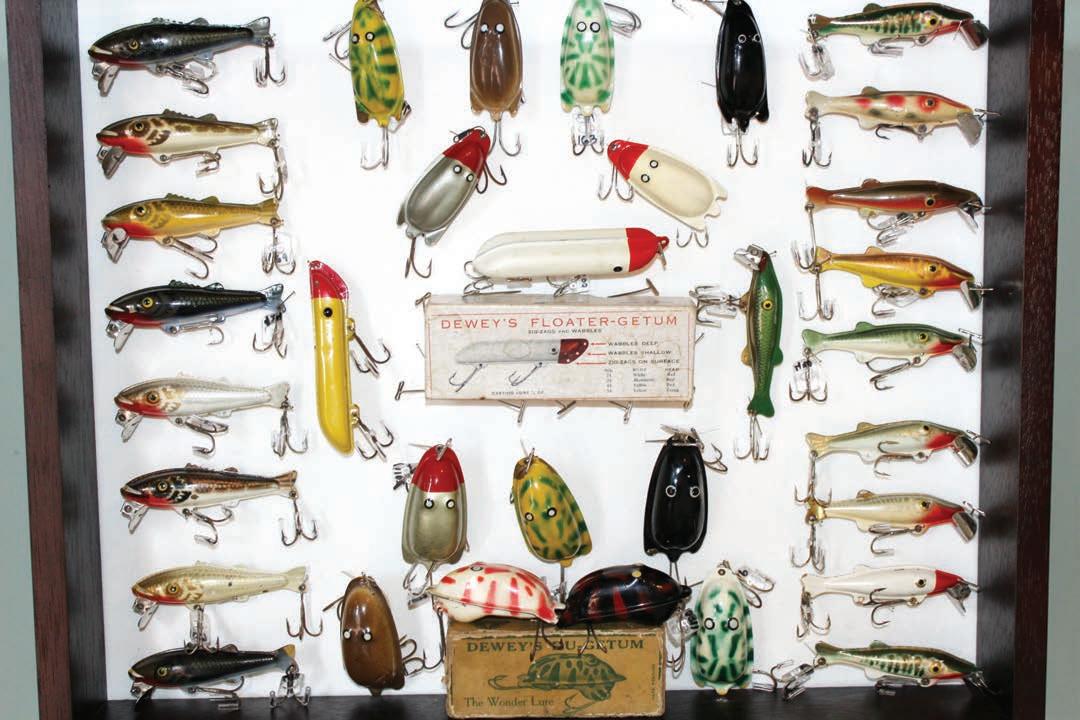
1 minute read
Critters + Crawlers
Dragonflies
A Lake’s Precious Gemstones
by Adrienne Daeger, research program specialist at The Lilly Center for Lakes & Streams photo courtesy of The Lilly Center for Lakes & Streams
No picturesque pond or cool, summertime stream is complete without the glint of dragonflies in the air. You might also spot one sitting still on a stone or blade of grass with its stained-glass wings laid open. If its wings are held closed along its slender back instead, you’ve found a damselfly, a closely-related insect. Both dragonflies and damselflies shine with sapphire, emerald, ruby, or topaz hues depending on the species.
shutterstock.com
Dragonflies are harmless and docile with humans, but for mosquitoes and other bugs, they live up to their fierce name. Dragonflies are highperformance predators. Four independently-controlled wings, specialized eyes that can see small specks against the sky, and a brain that predicts prey flight paths give the dragonfly one of the highest catch success rates in the animal kingdom.
Adult dragonflies live quick and exciting lives. After hunting, finding a mate, and laying eggs into ponds and wet plant material, their life cycle is complete. They live just one to eight weeks as the insects we call “dragonflies.” But their eggs are just beneath the surface of the water. Dragonfly young, called “nymphs,” eat smaller bugs, molt, and grow as aquatic larvae very different in appearance from their parents. In a few months or up to five years, depending on the species, those larvae will climb out of the water and molt one last time into hovering, hunting, shining dragonflies.
Your One Stop Shop For Digital Decals, Signs, Embroidery & More
DK-Promotions.com Customized Apparel Gifts • Lake Décor 574-528-0866

1100 S. Huntington St. • Syracuse










